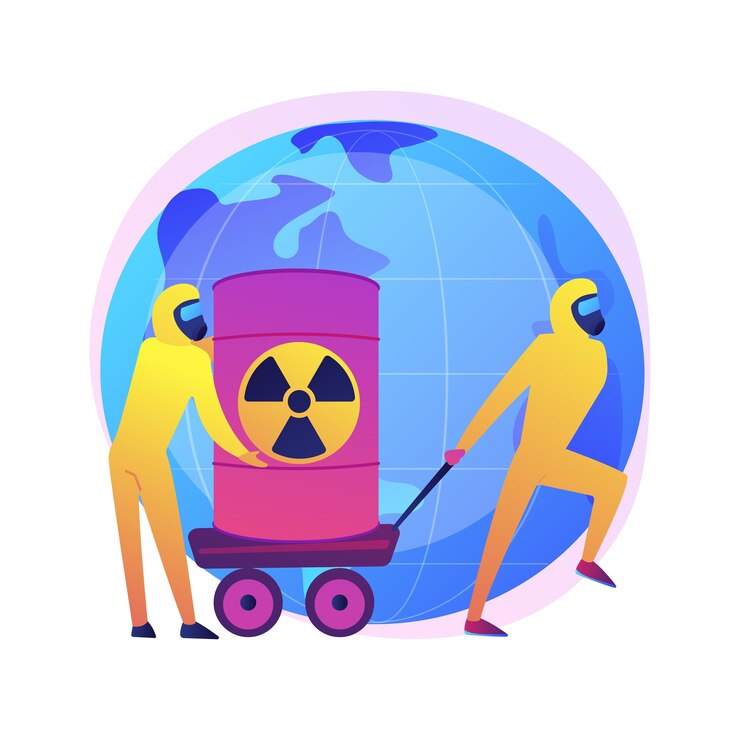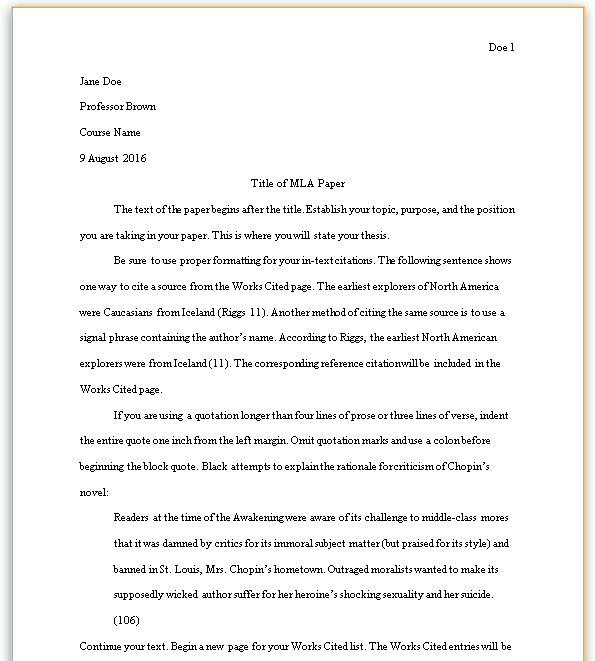- Radiation transfers thermal energy by _______ waves. These waves transfer energy from a warmer object to a cooler object, with or without _______.
a) sound, air
b) electromagnetic, matter
c) mechanical, matter
d) seismic, energy
Answer: b) electromagnetic, matter - A material that causes a wave to bounce off it is called the ________.
a) absorber
b) reflector
c) conductor
d) transmitter
Answer: b) reflector - A material that takes in a wave when the wave hits it is called the ________.
a) reflector
b) conductor
c) absorber
d) transmitter
Answer: c) absorber - Which factors affect absorption and reflection of thermal energy? Check all that apply:
a) Color of the material
b) Texture of the material
c) Weight of the material
d) Shape of the material
Answer: a) Color of the material, b) Texture of the material - In which scenario does radiation occur?
a) Heat transferred through a metal spoon
b) Heat transferred from a hot stove to a nearby pan
c) Heat transferred from the Sun to Earth
d) Heat transferred by a fan blowing air
Answer: c) Heat transferred from the Sun to Earth - Identify the properties of transverse and longitudinal waves:
- Amplitude: Both longitudinal and transverse
- Compression: Longitudinal
- Frequency: Both longitudinal and transverse
- Period: Both longitudinal and transverse
- Wavelength: Both longitudinal and transverse
Answer: Correct for all mentioned properties
- Which wave, A or B, has lower energy?
a) A, because it has a lower amplitude
b) B, because it has a higher frequency
c) A, because it has a higher frequency
d) Both have equal energy
Answer: a) A, because it has a lower amplitude - How high should the engineer build the wall?
a) 25 meters
b) 50 meters
c) 75 meters
d) 100 meters
Answer: b) 50 meters - Order the waves from shortest wavelength (1) to longest wavelength (4):
- Gamma rays: 1
- Microwaves: 3
- Radio: 4
- Visible light: 2
Answer: Correct order as mentioned
- What order shows increasing frequency for gamma rays, microwaves, visible light, and X-rays?
a) Microwaves, visible light, X-rays, gamma rays
b) Radio, microwaves, visible light, gamma rays
c) X-rays, microwaves, radio, gamma rays
d) Gamma rays, X-rays, visible light, microwaves
Answer: a) Microwaves, visible light, X-rays, gamma rays - What is the wavelength of a wave that has a speed of 350 meters/second and a frequency of 140 hertz?
a) 3.5 meters
b) 2.5 meters
c) 5 meters
d) 1.5 meters
Answer: b) 2.5 meters - Radiation transfers thermal energy through:
a) Conduction
b) Convection
c) Waves
d) Matter
Answer: c) Waves - Which describes how radiation moves?
a) Radiation moves from a cooler object to a warmer object
b) Radiation moves from a warmer object to a cooler object
c) Radiation moves from side to side
d) Radiation cannot move through space
Answer: b) Radiation moves from a warmer object to a cooler object - Andre listed some properties of electromagnetic waves. Which best describes Andre’s error?
a) Electromagnetic waves travel faster in matter
b) Electromagnetic waves cannot transfer energy
c) Electromagnetic waves can transfer energy through empty space
d) Electromagnetic waves only work in specific types of matter
Answer: c) Electromagnetic waves can transfer energy through empty space - Why is thermal energy from the Sun transferred to Earth through electromagnetic waves instead of any other type of thermal energy transfer?
a) Electromagnetic waves can travel through empty space
b) Electromagnetic waves are the only waves we can see
c) Electromagnetic waves are faster than other waves
d) Electromagnetic waves transfer energy faster than sound waves
Answer: a) Electromagnetic waves can travel through empty space - Which best illustrates the way in which radiation transfers thermal energy?
a) Conduction between two objects
b) Water rising in a pot due to heat
c) Heat from a campfire warming your face
d) Wind cooling the skin
Answer: c) Heat from a campfire warming your face - Evan drew a diagram to illustrate radiation. What do the arrows represent?
a) Particles moving through matter
b) Electromagnetic waves
c) Hot air rising
d) Heat transfer by conduction
Answer: b) Electromagnetic waves - A(n) ________ is a material that takes in a wave when the wave hits it.
a) Absorber
b) Reflector
c) Conductor
d) Transmitter
Answer: a) Absorber - A(n) ________ is a material that causes a wave to bounce off of it.
a) Absorber
b) Reflector
c) Conductor
d) Transmitter
Answer: b) Reflector - Which diagram best illustrates what happens when electromagnetic waves strike a rough, dark material?
a) Reflection occurs on a smooth, light material
b) Absorption and scattering occur on a rough, dark material
c) Transmission occurs through the material
d) Energy is absorbed but not transferred
Answer: b) Absorption and scattering occur on a rough, dark material - Which material most likely gets the warmest when placed in the Sun?
a) White sand
b) Black rubber
c) Brown mulch
d) Aluminum foil
Answer: c) Brown mulch - Anya recorded the temperatures of four different smooth materials after they were placed under a heat lamp for thirty minutes. Which conclusion is best supported by the information in the chart?
a) Material W is more absorbent than material Z
b) Material W is less absorbent than material Z
c) Material W absorbs heat equally with material Z
d) Material Z reflects heat more effectively than material W
Answer: b) Material W is less absorbent than material Z - The shades should also warm the house by maximizing the absorption of solar energy coming through the windows. Which kind of material would best accomplish this task?
a) Transparent and smooth
b) Black and textured
c) White and reflective
d) Light-colored and smooth
Answer: b) Black and textured - How does radiation help treat cancer?
a) It destroys healthy cells and tumors
b) It cools down the tumor area
c) It heats up the cancer cells and weakens them
d) It makes the cancer cells more visible
Answer: c) It heats up the cancer cells and weakens them - Which best explains how radiation is helpful in the plastics industry?
a) It hardens plastics quickly
b) It makes plastics easier to shape
c) It destroys excess plastic
d) It removes color from plastics
Answer: b) It makes plastics easier to shape - A thermogram of a house shows high amounts of thermal energy around the windows but not around the roof. Which conclusion is best supported by the thermogram?
a) The windows are energy efficient, but the roof is not
b) The roof is not energy efficient, but the windows are
c) The windows are not energy efficient, but the roof is
d) Both the windows and roof are equally energy-efficient
Answer: c) The windows are not energy efficient, but the roof is - Car manufacturers use radiation for which task?
a) Painting vehicles
b) Testing engine efficiency
c) Drying paint
d) Shaping parts
Answer: c) Drying paint - A farmer places unhatched chicken eggs under a heat lamp. How does the radiation help the eggs?
a) It softens the eggshells for easier hatching
b) It keeps the eggs warm until they hatch
c) It accelerates the development of the chicks
d) It kills bacteria in the eggs
Answer: b) It keeps the eggs warm until they hatch - Which is an example of radiation? Check all that apply:
a) Earth is heated by energy from the Sun
b) Soup is heated in a microwave
c) Ice melting in the sun
d) A fan blowing cool air
Answer: a) Earth is heated by energy from the Sun, b) Soup is heated in a microwave - Which best explains how thermal energy is transferred when someone holds a hand above a fire?
a) It is not transferred by radiation because the hand is in the path of rising air
b) It is transferred by radiation because the hand is in the path of the fire’s rays
c) It is transferred by conduction as heat moves through the air
d) It is transferred by convection because of the movement of air particles
Answer: b) It is transferred by radiation because the hand is in the path of the fire’s rays - Which best describes convection?
a) It is driven by temperature differences within a fluid
b) It is driven by pressure differences in a gas
c) It requires no medium to transfer energy
d) It occurs only in solids
Answer: a) It is driven by temperature differences within a fluid - Water is boiling in a clear pot, as shown in the picture. Which takes place as water cycles from the bottom of the pot toward the top?
a) Water evaporates
b) Thermal energy is transferred
c) Water sinks due to cooling
d) Water stays still in the pot
Answer: b) Thermal energy is transferred

Don't use plagiarized sources. Get Your Custom Essay on
Radiation transfers thermal energy by _______ waves.
Just from $13/Page


